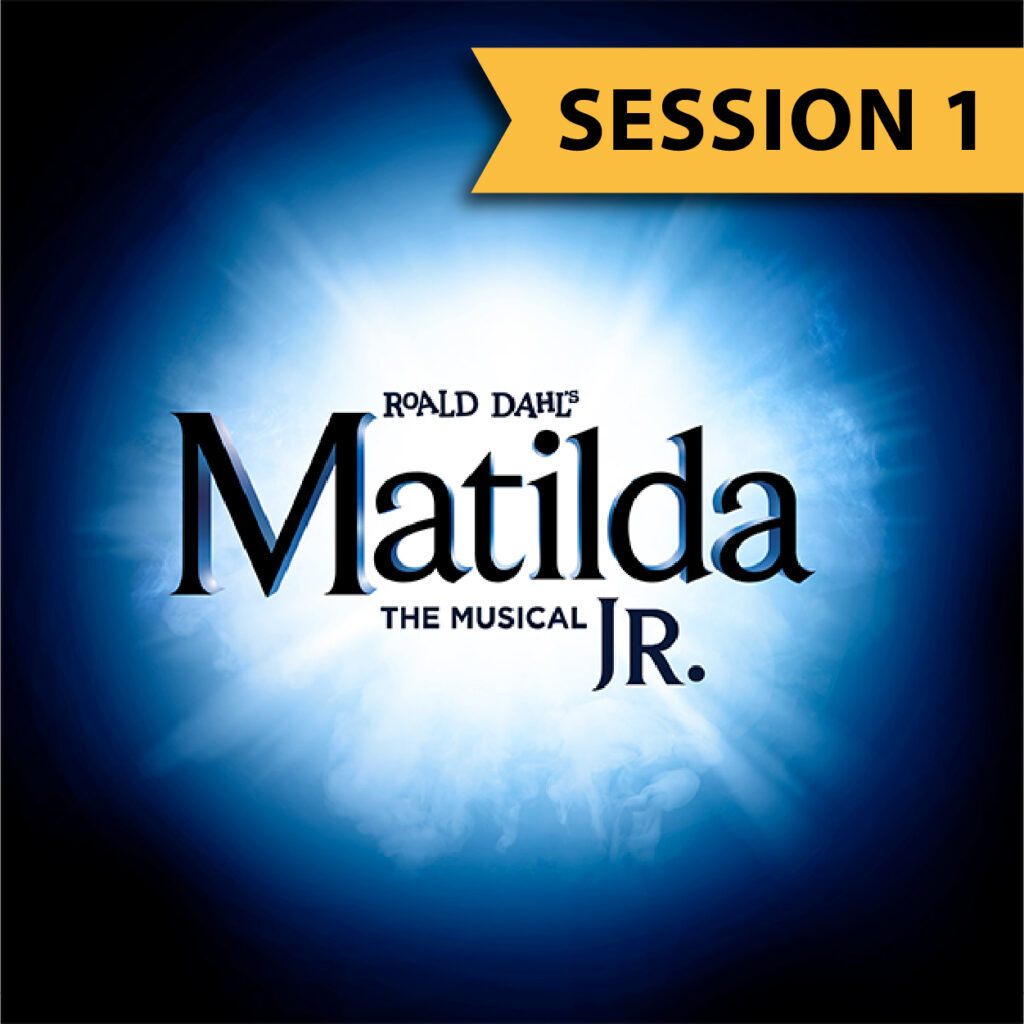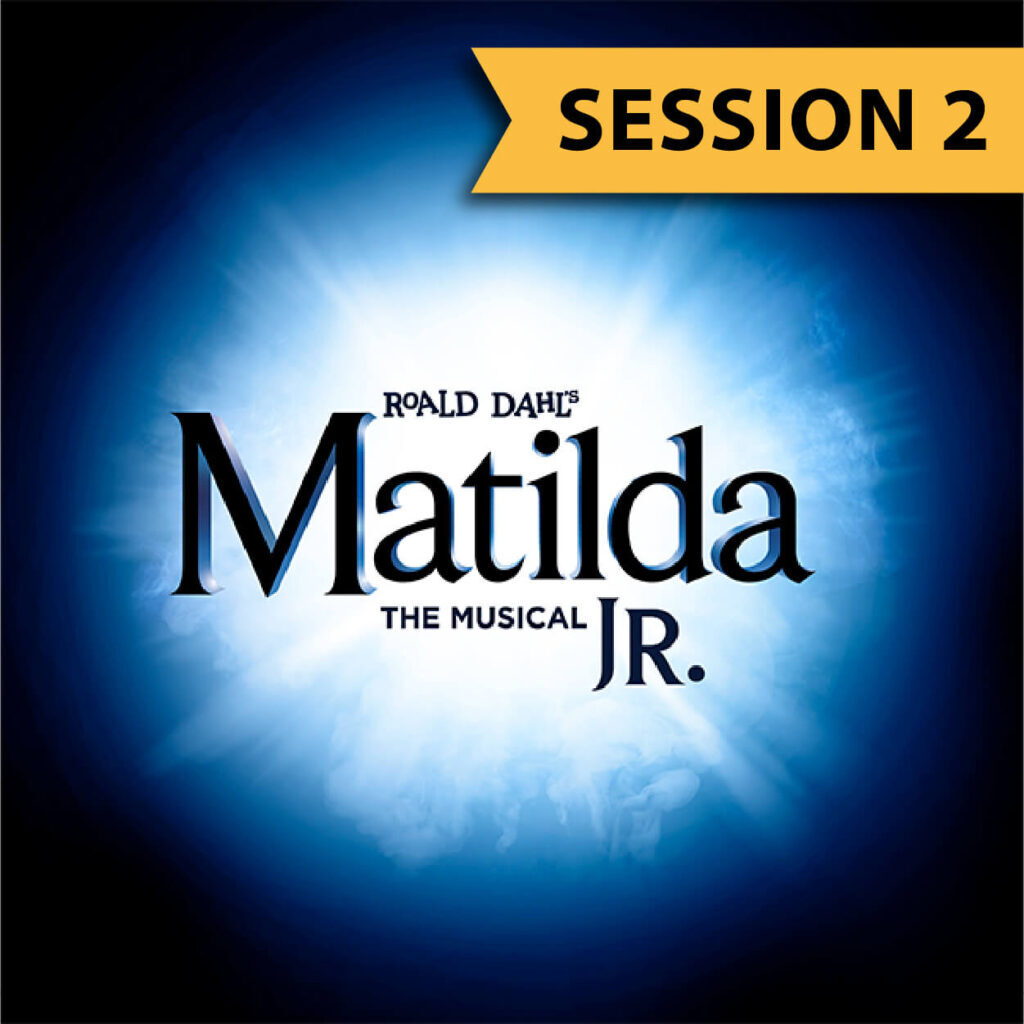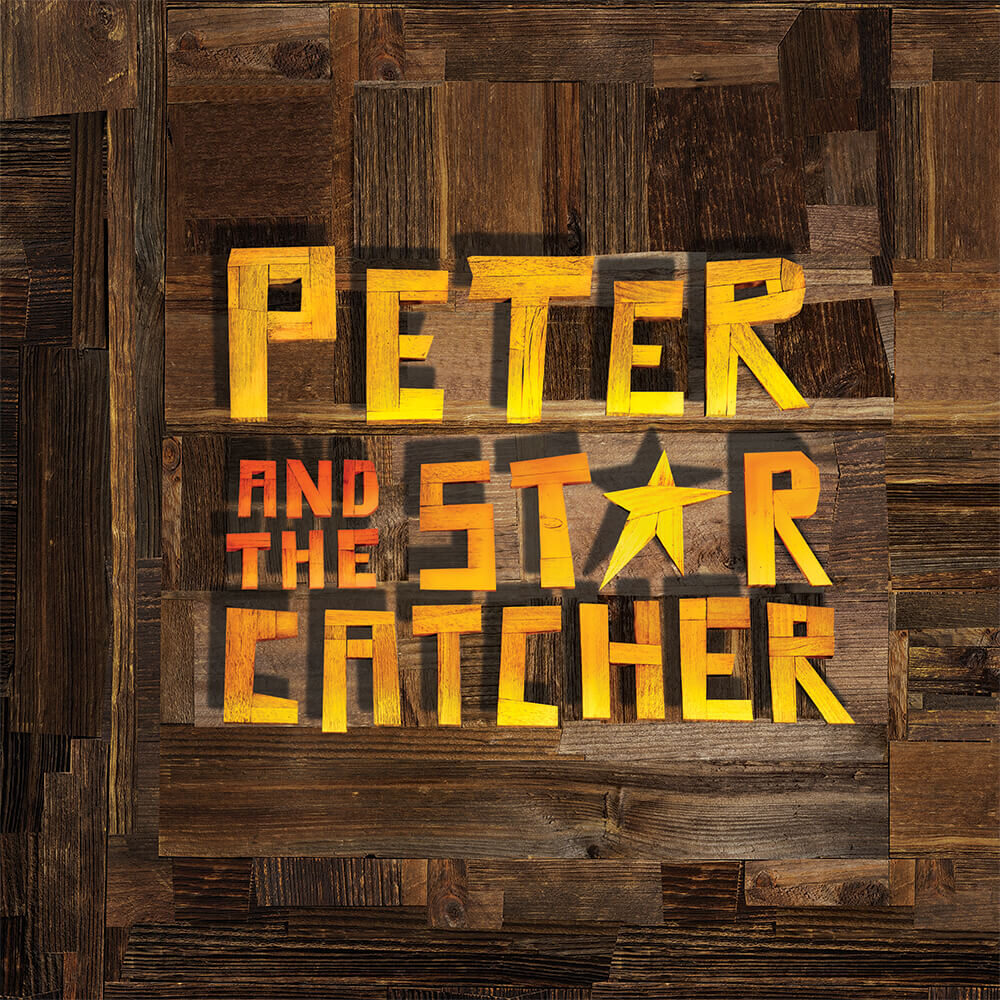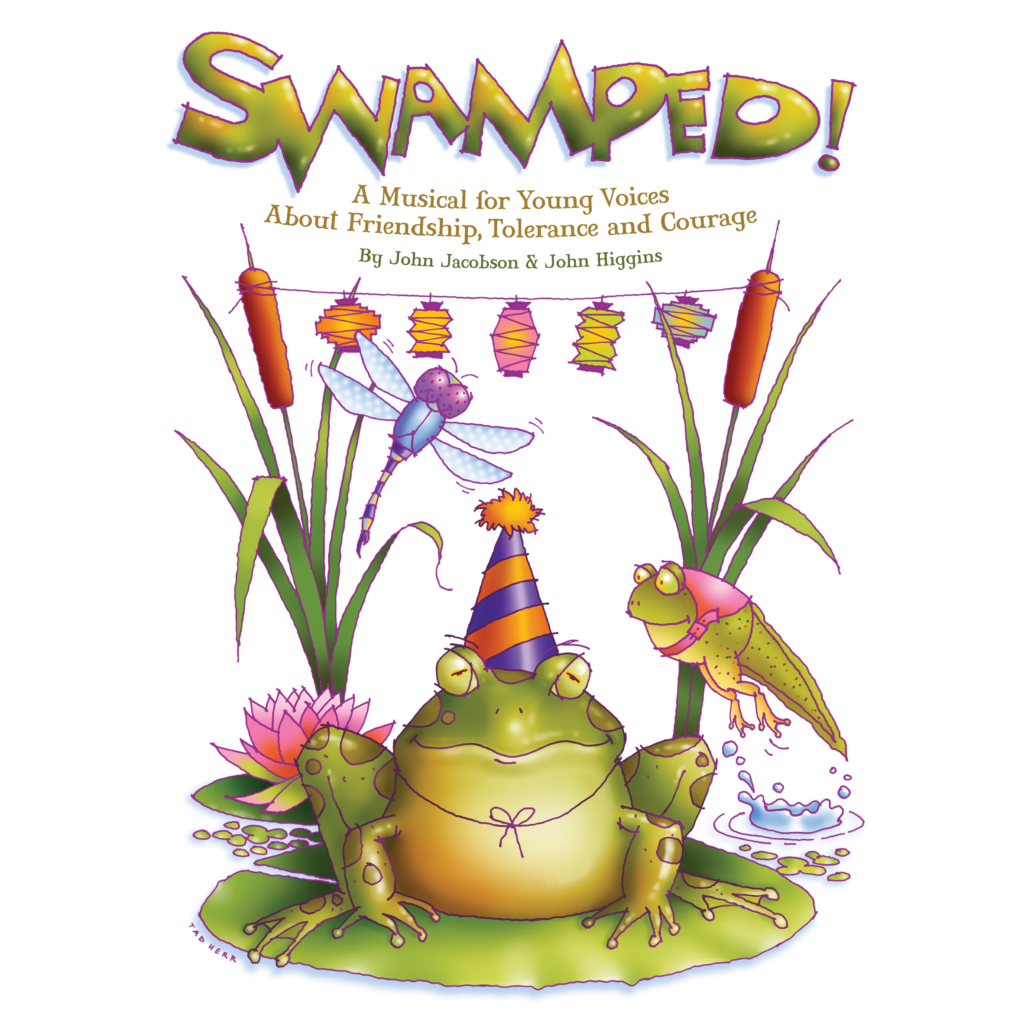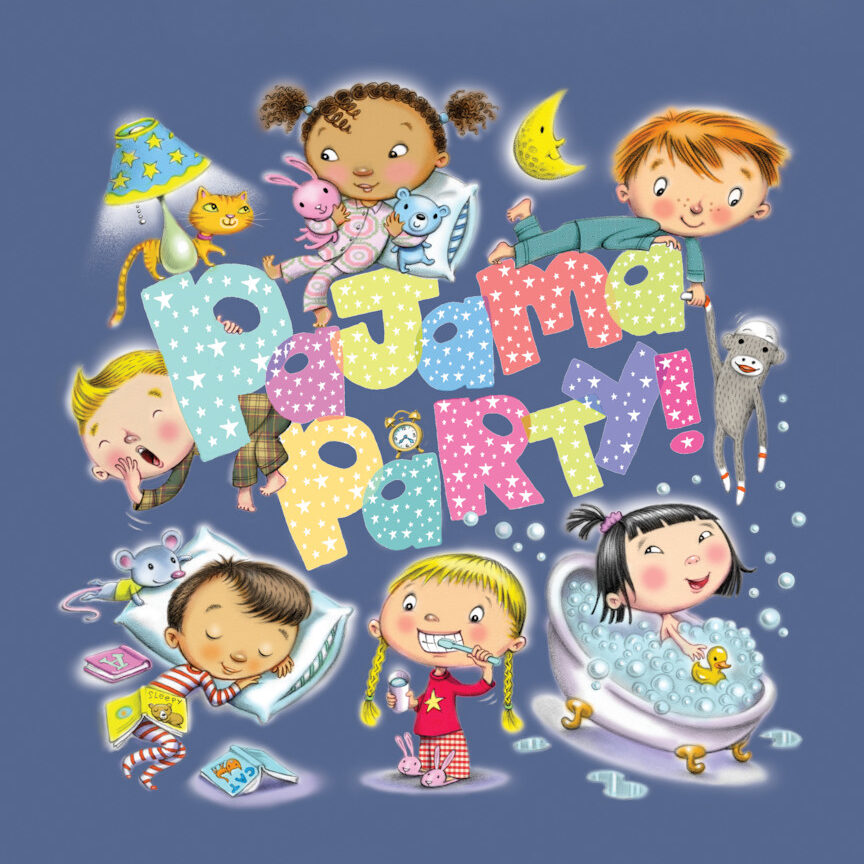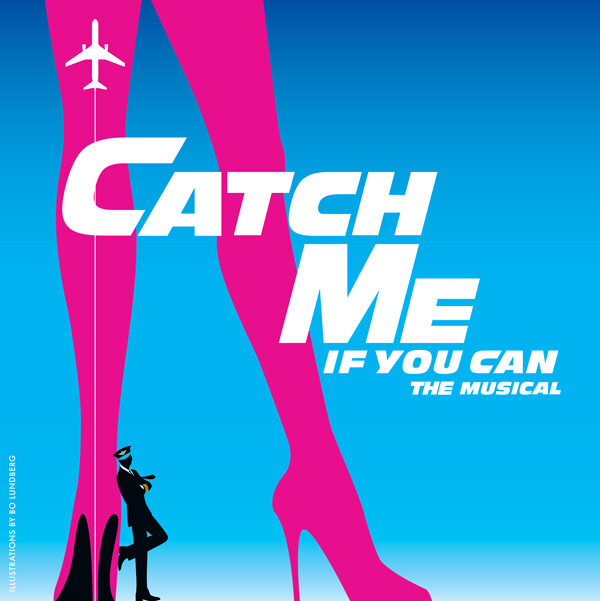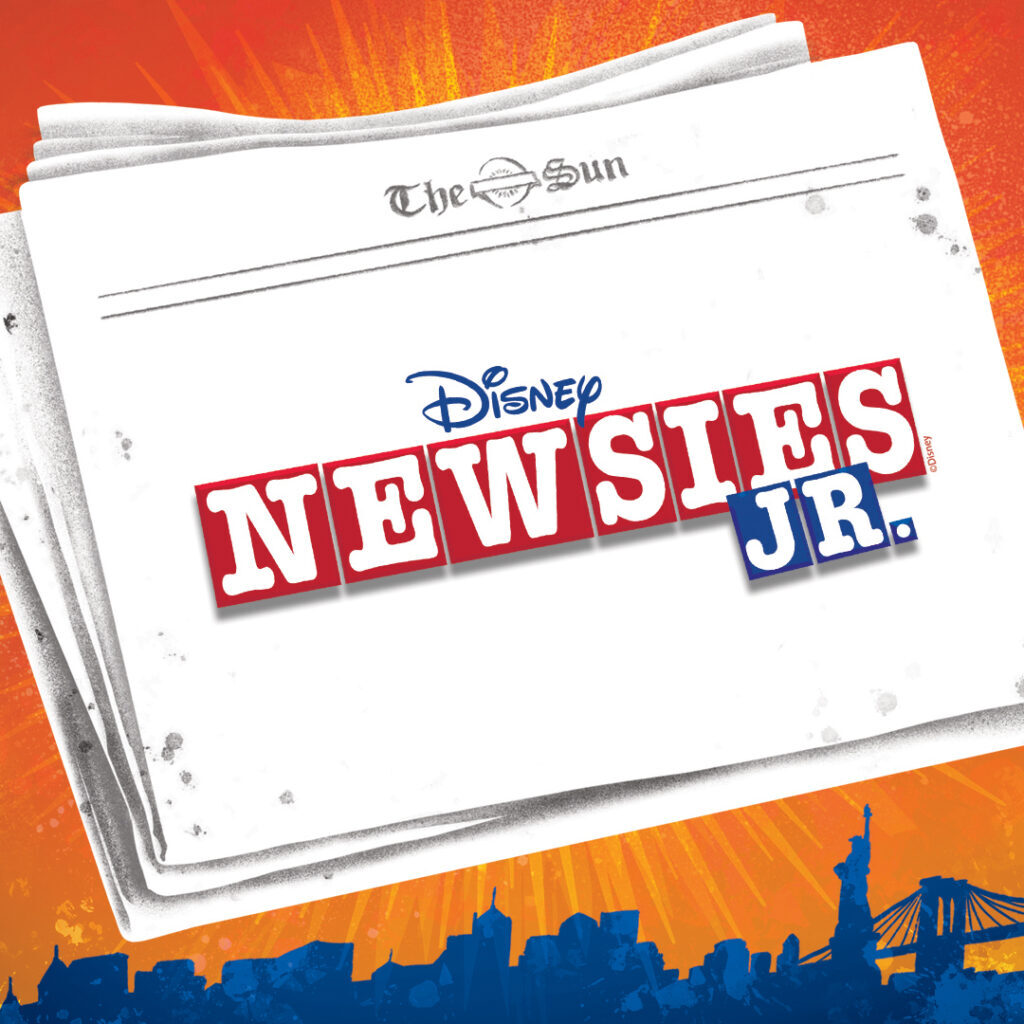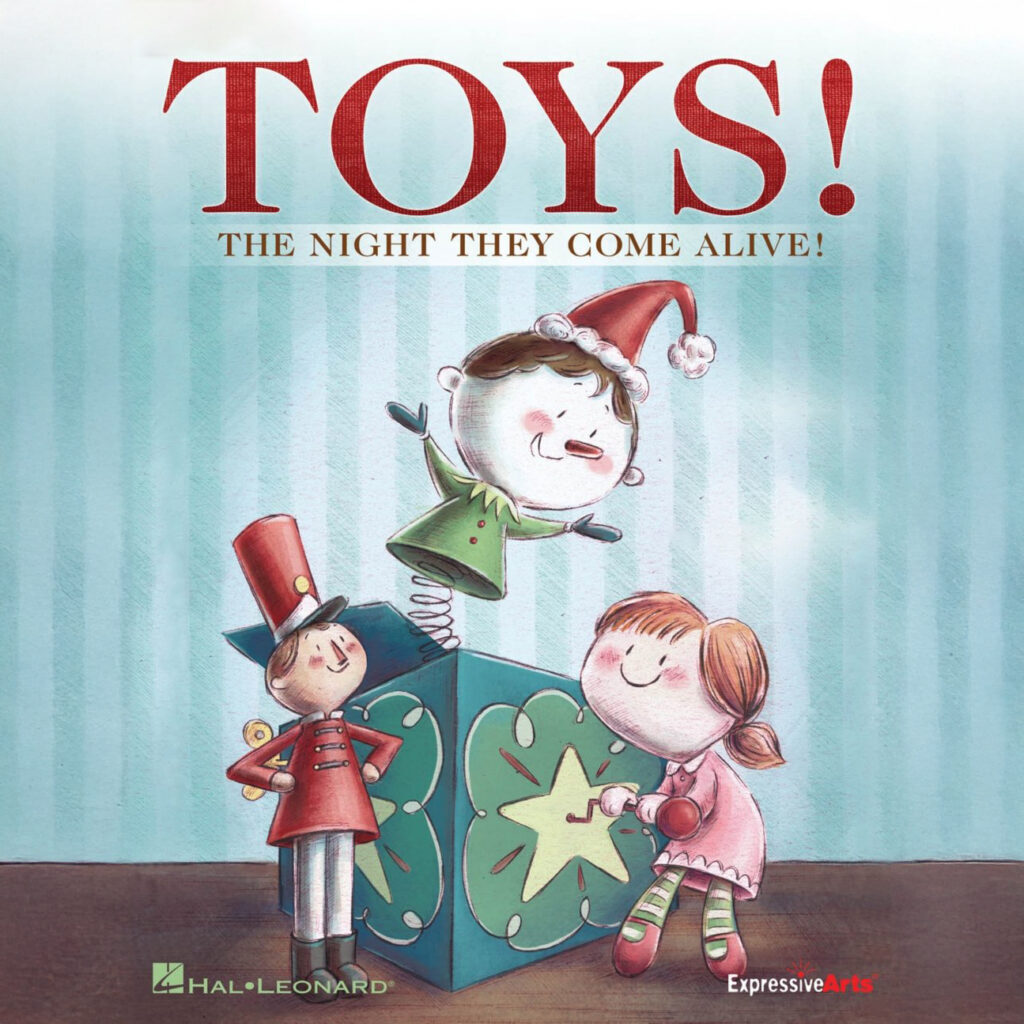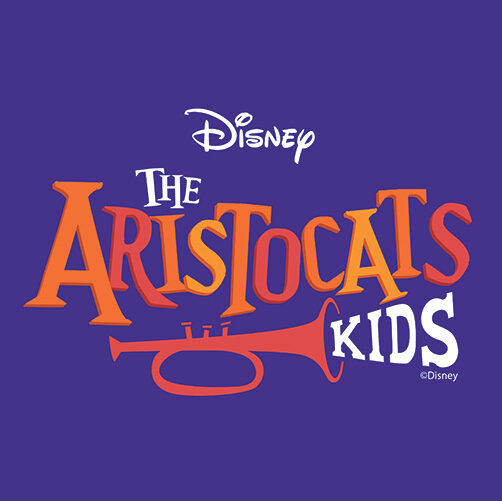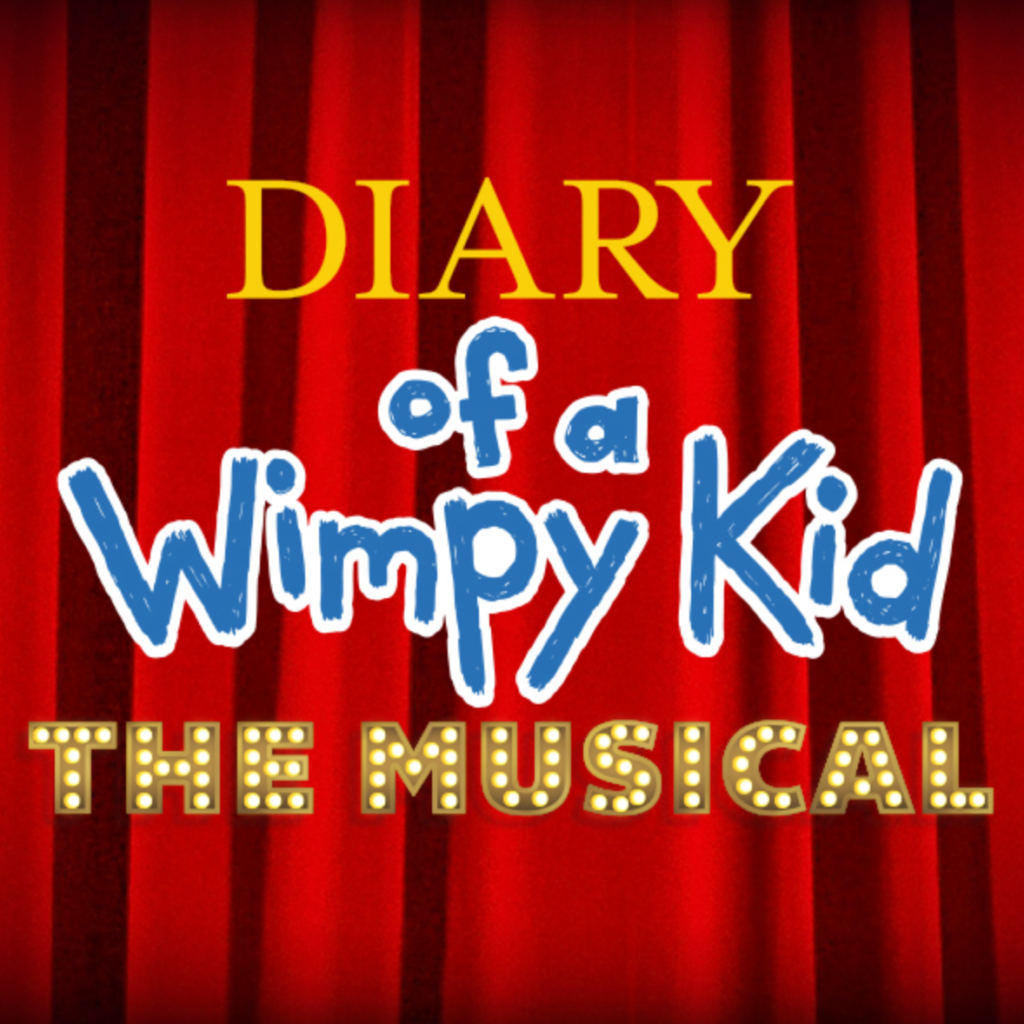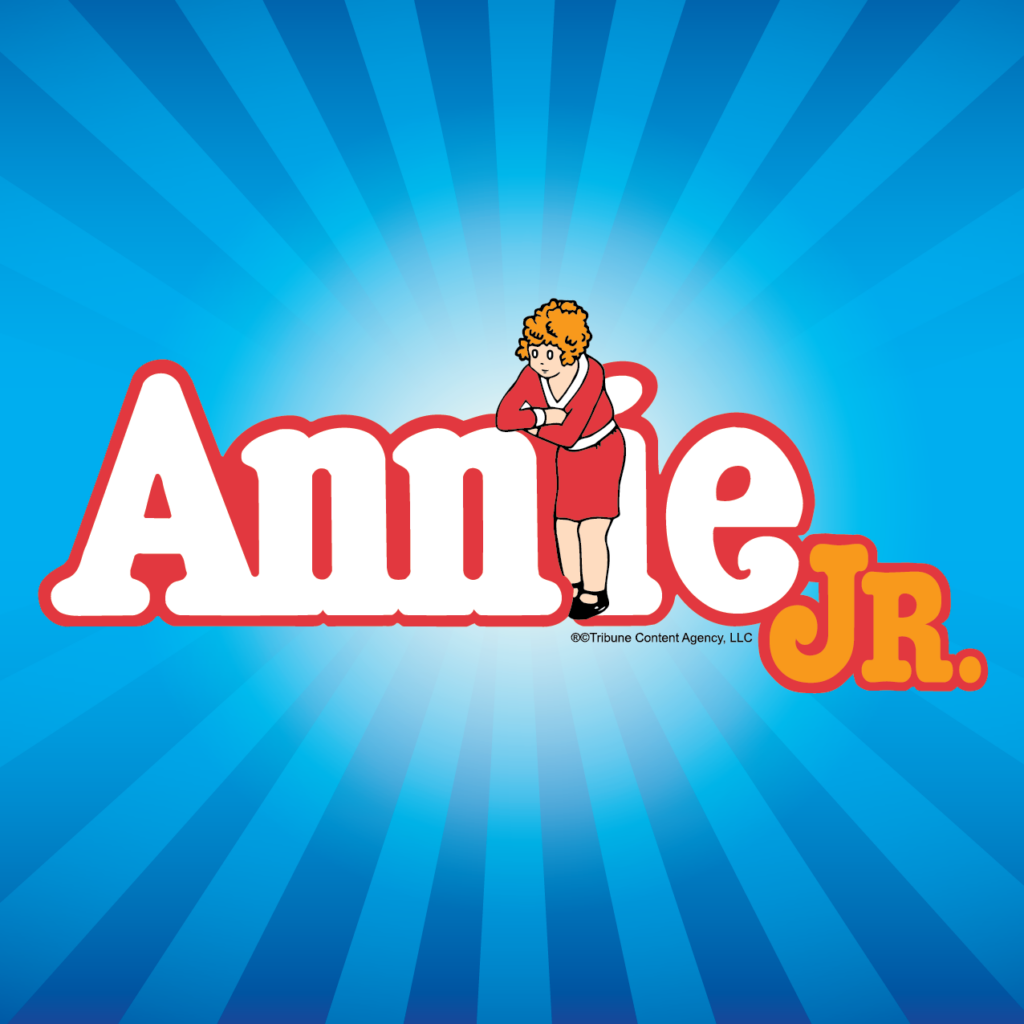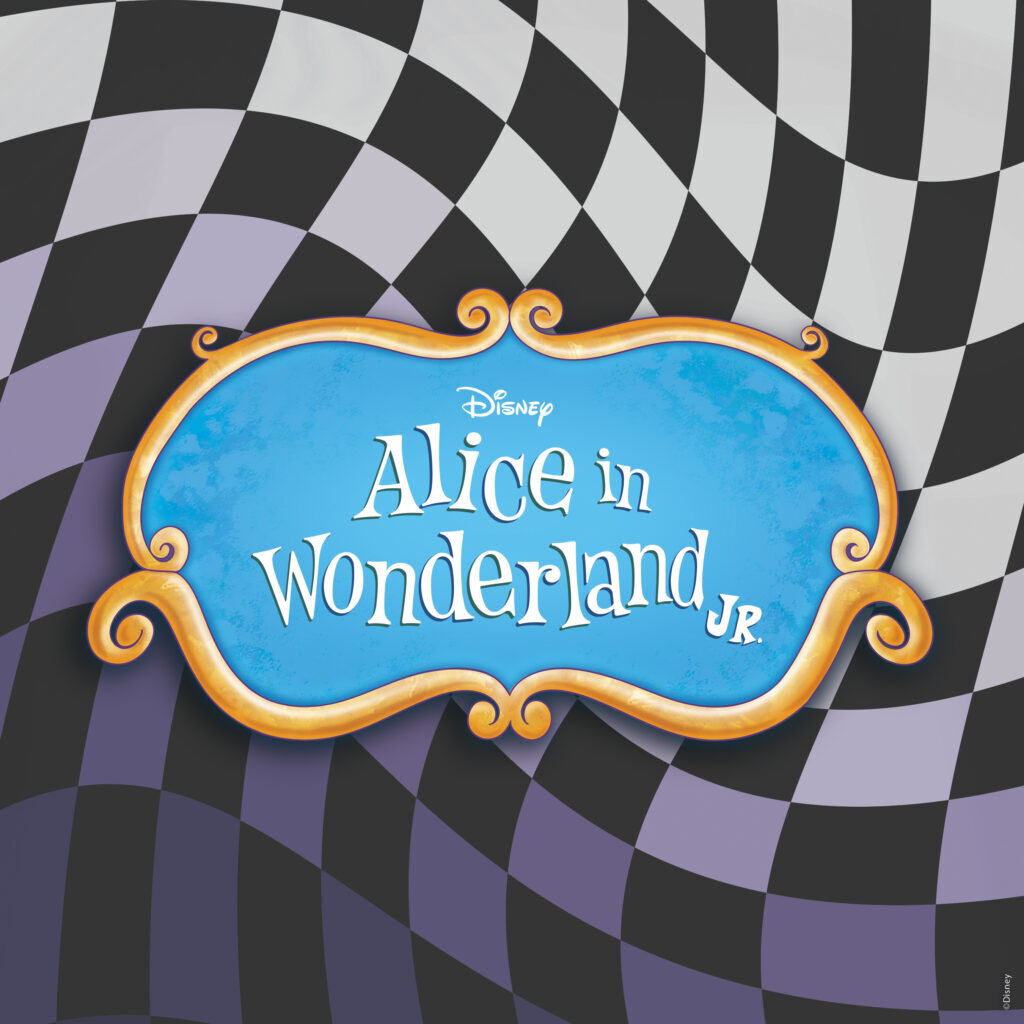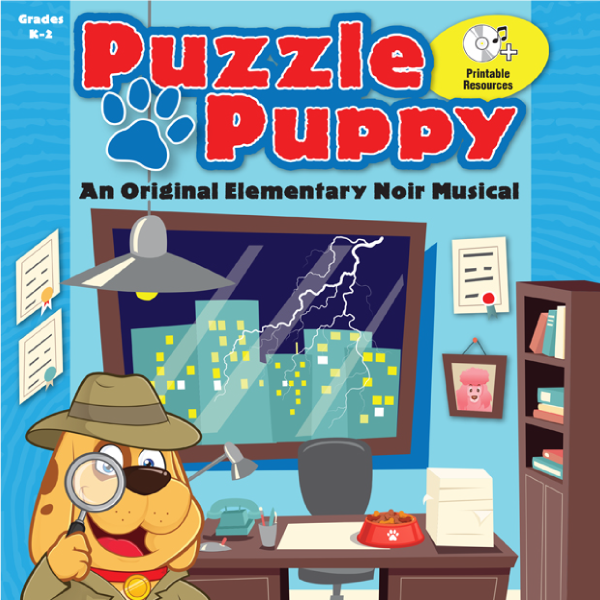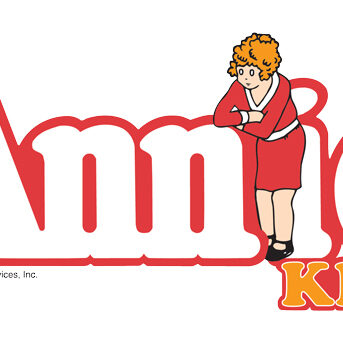Designing Lighting
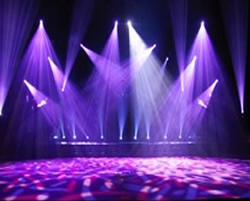
A guest post by Seth Alison, PAA Technical Director and Co-Theatrical Director.
 theatre has two main aspects. There is the performance side that is most widely recognized, and there is the technical side which is where you will find me more subtly creating the lighting aspects of the performance. I work closely with the Design team which consists of the Director, Stage Manager, Choreographer, Musical Director, Sound Designer, Prop Designer, Scenic Designer, Costume Designer, video designer, among others. Together as a team, we bring the finishing touches to a performance that only augments the amazing talent of the performers.
theatre has two main aspects. There is the performance side that is most widely recognized, and there is the technical side which is where you will find me more subtly creating the lighting aspects of the performance. I work closely with the Design team which consists of the Director, Stage Manager, Choreographer, Musical Director, Sound Designer, Prop Designer, Scenic Designer, Costume Designer, video designer, among others. Together as a team, we bring the finishing touches to a performance that only augments the amazing talent of the performers.
I fell in love with lighting nearly 25 years ago and have since showcased my talents to hundreds of thousands of audience members! There is a lot of work that goes in to lighting, and there is not very much time to get everything done by your deadlines let alone by when the curtain opens. You see the the magic of lighting in most every theatre performance, or concert, and may even see the beauty of “natural” lighting in each sunrise and sunset. Designing lighting for a show begins by knowing the show and the movements of the cast. A Lighting Designer will sit through numerous rehearsals to learn the show. This is the part of the process where I decide where in the script a light shift should happen. It can be on a particular line, music beat, or wherever it feels right. There are almost always light “cues” at the beginning and end of each scene. There are also the cues that the director specifically desires that are added into the master lighting script. Even with a Designer’s creative liberties, the Director may choose to modify any cues that they feel might diminish or distract from their overall vision. Once the script is cued, the designer must create a lighting plot. Each lighting instrument is drawn on to a blueprint-like scale drawing of the theatre where the performance is taking place. Some designers hand draw the lights on to the plan, but often a computer based drafting program is used to handle the vast amount of information. This lighting plot will contain the placement of each light, how it is plugged in, what control channel will be used for it, and what direction the light is pointed. The lighting plot also contains the color the designer wants to use for that particular light, what shapes it might project, and how much wattage the light requires. After the plot is complete, the lights are hung and focused. Then the programming begins.
Modern automated lighting consoles make it possible for each show to look nearly identical as the next performance, but they take a considerable amount of time to program depending on just how intricate the show is. Musicals are by far the most time consuming. The lighting console give you the ability to control each light independently and to make it as bright or as dim as you wish. Lighting is an art. Imagine lighting as though you are painting a picture. Each light has its own color and this is your artist palette. There are thousands of colors to choose from! You mix these colors and angles to create the look you want and save it as a cue. Each cue is programmed with its own fade time, or how fast the light will change from one intensity level to the next. Some shows have only thirty cues and some have thousands of cues. A lighting designer is only limited by the short amount of programming time we have before the show opens.
Lighting is fascinating. With it, you may create the day or the night. You can augment emotion and feeling, accent special dramatic moments, or showcase a particular performer’s solo. Although the primary function of lighting is to make the performers visible to the audience, there is so much more to it. Lighting is a world of it’s own, and together with the rest of the worlds in the hands of the design team, a show is born. With that birth comes pride, and a fulfillment of the longing to create something beautiful. It has long been one of my true passions, and will continue to be for decades to come.
Fall Shows
Summer Shows
PAA Awards




